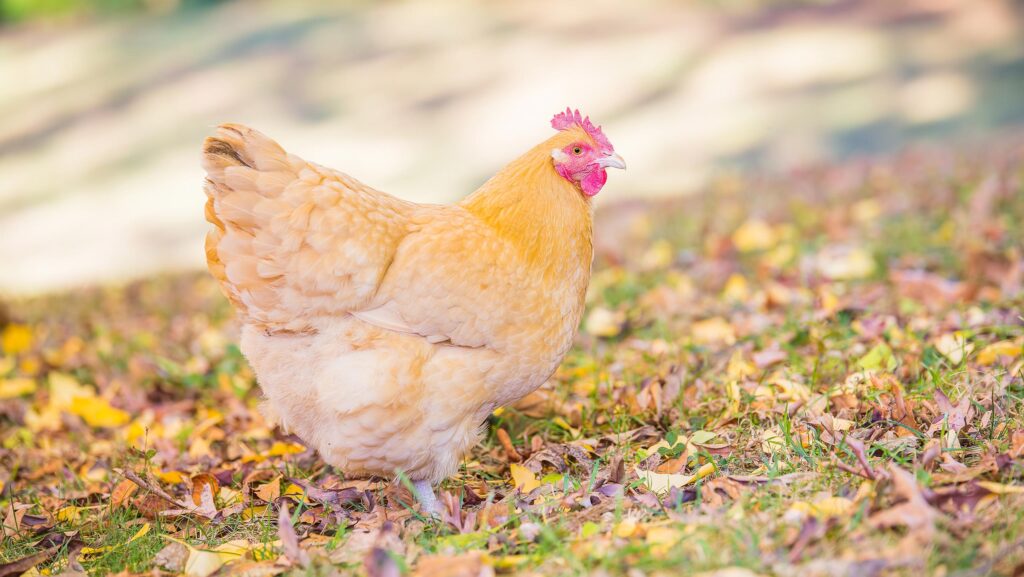UK native poultry breeds under threat as avian flu takes grip
 The Buff Orpington is among 41 chicken breeds on the new watchlist © Adobe Stock
The Buff Orpington is among 41 chicken breeds on the new watchlist © Adobe Stock All of the UK’s rare breeds of chicken, duck, geese and turkey are under threat due to avian influenza, a new report from the Rare Breeds Survival Trust (RBST) has warned.
The UK has suffered a spike in outbreaks of avian influenza affecting poultry flocks in recent years, and this has resulted in many breeds being placed into the “priority” rare breed category.
The devastating impact of disease outbreaks on poultry breeding programmes in recent years, combined with significant increases in animal husbandry costs, is being blamed for declines.
See also: British egg and poultry producers under ‘extreme pressure’
The RBST 2024-25 Watchlist also shows major challenges for the UK’s rare native pig breeds, but a more positive and stable picture overall for native equines, cattle, sheep and goats.
RBST chief executive Christopher Price said: “The new watchlist reflects the major challenges faced by people keeping pigs and poultry over the past two years, notably the avian flu outbreaks and the sustained increase in animal feed and husbandry costs.
“We have moved all native poultry breeds to the ‘priority’ category as we continue providing urgent support for these irreplaceable breeds’ conservation.”
Plea to government
The RBST is calling for targeted government action to encourage more people to keep rare breeds and help reverse the trend of declines in many breeds.
Although Defra’s Environmental Land Management (ELM) scheme encourages farmers and smallholders in England to choose native livestock breeds for grazing, it does nothing to safeguard the future of the UK’s native and poultry breeds, the charity says.
The RBST wants to see the ELM Native Breeds at Risk Supplement (SP8) broadened to include native pigs as well as poultry.
Defra response
A Defra spokesperson said: “We are committed to protecting and supporting native and rare breeds, including through our ELM schemes, with updates to the existing native breeds supplement to make it more accessible and better suited to different types of land, as well as updating the eligible breeds.
“Alongside this we recognise that this has been an incredibly difficult time for bird keepers who are on the frontline of this terrible disease, including in the poultry and egg sectors.
“Supporting bird keepers, the public and conservation bodies to manage and prepare for future avian influenza outbreaks continues to be our main priority.”
To view the watchlist, visit www.rbst.org.uk.
